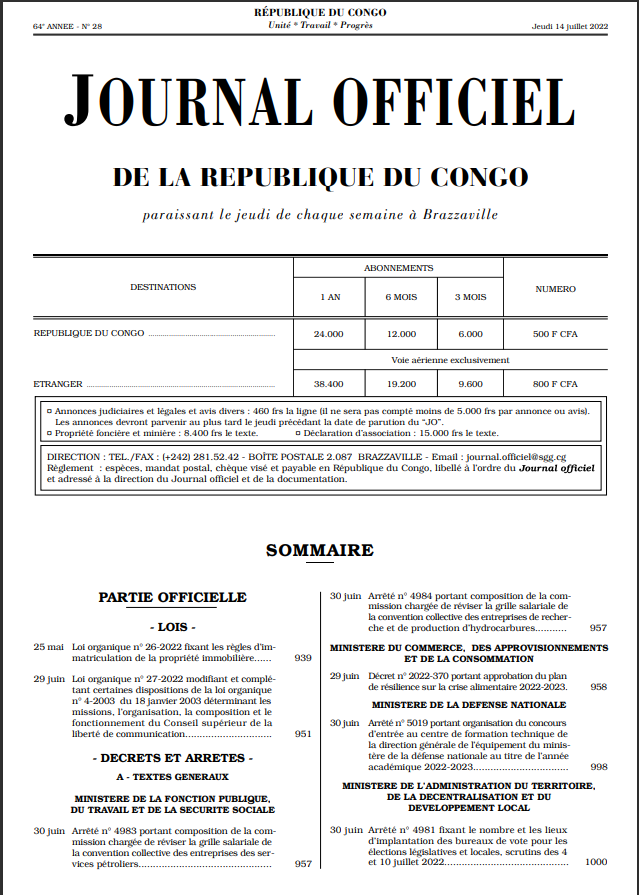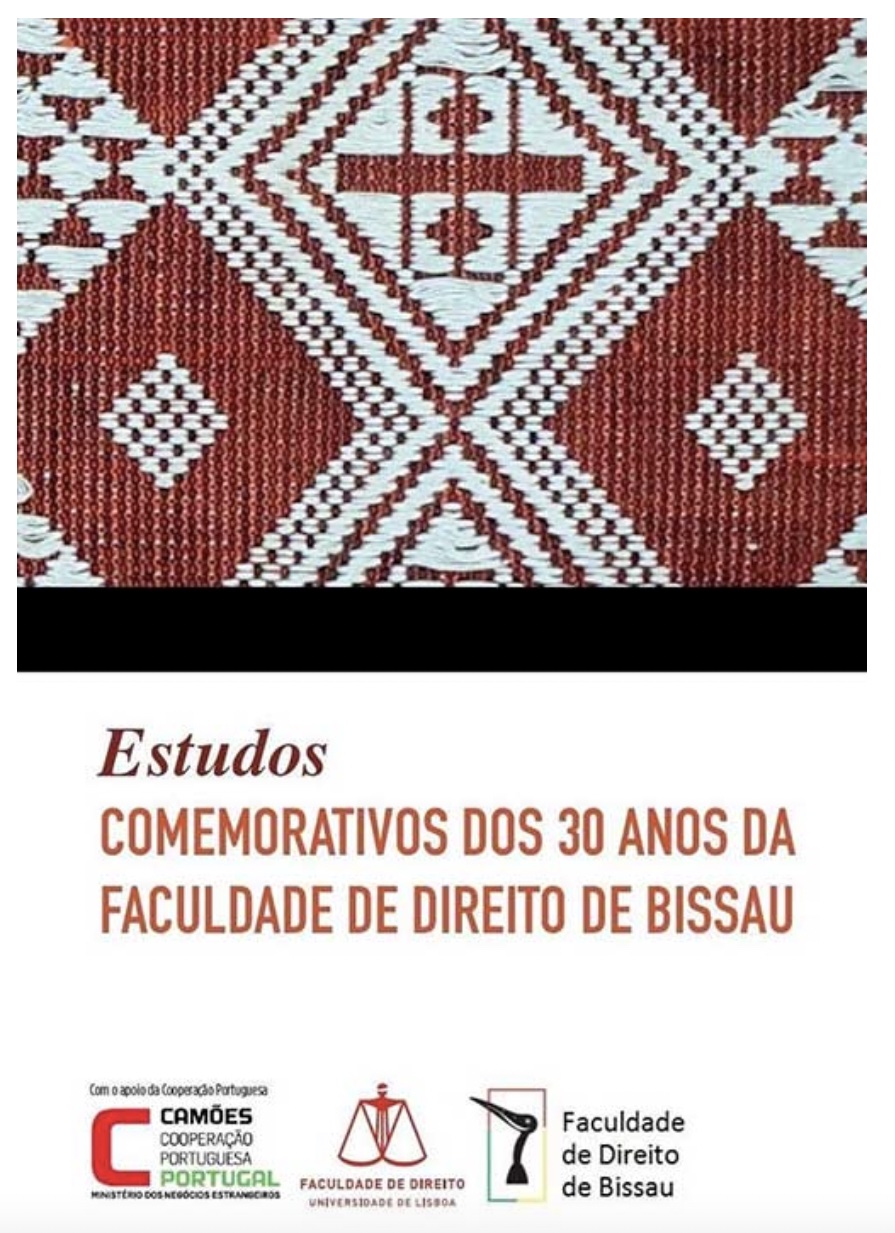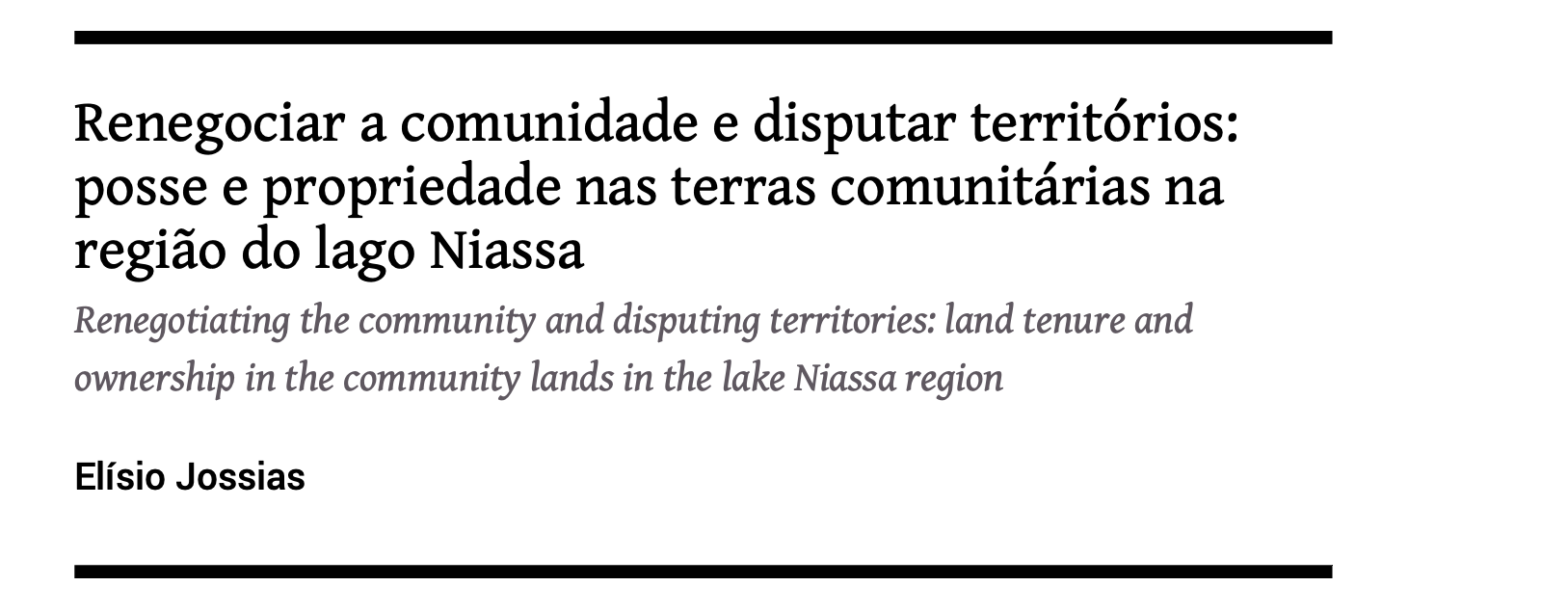Genre Et Foncier Au Sénégal : Étude De Cas Dans La Commune De Ross Béthio.
In Africa, particularly in Senegal, the issue of gender in land governance remains an equation when it comes to access to land. In a number of West African countries, the issue of gender and land tenure is an ongoing one, insofar as the same obstacles have been identified for vulnerable groups, women in particular.






